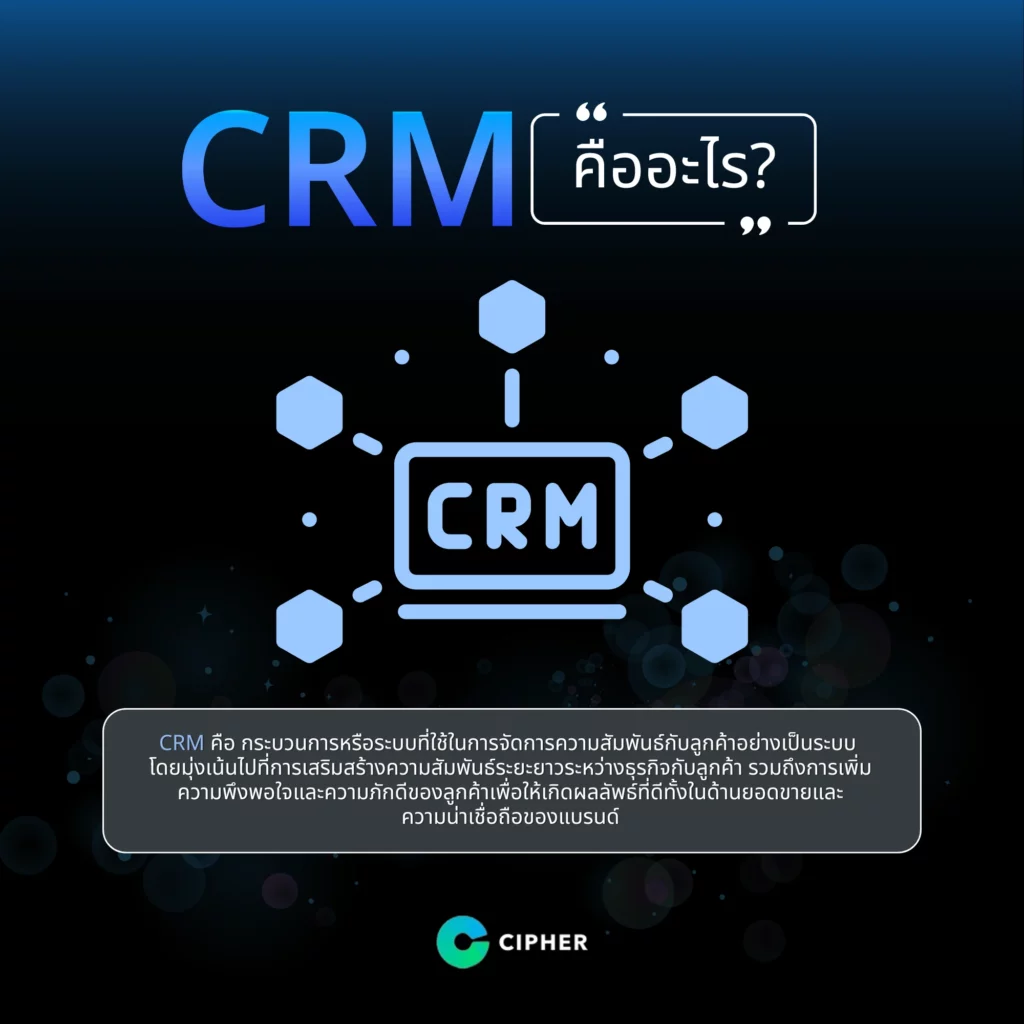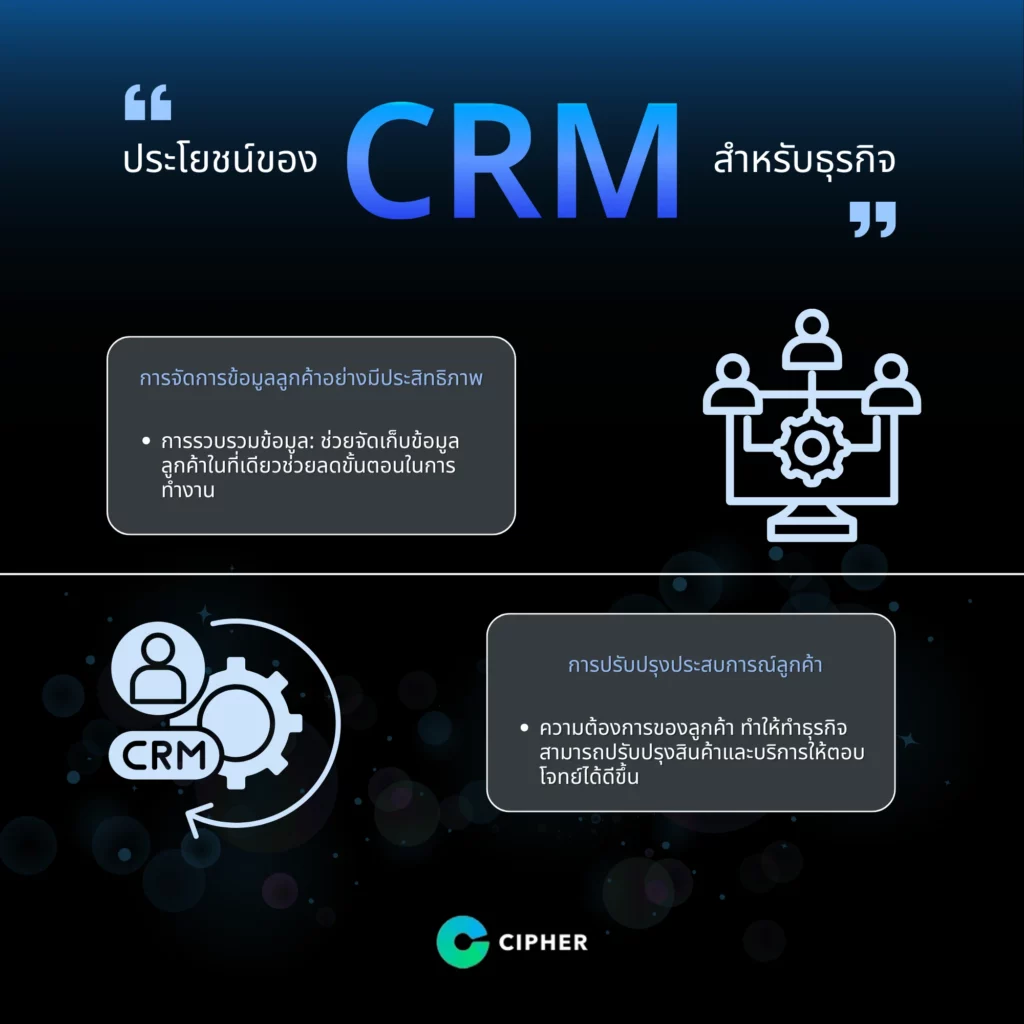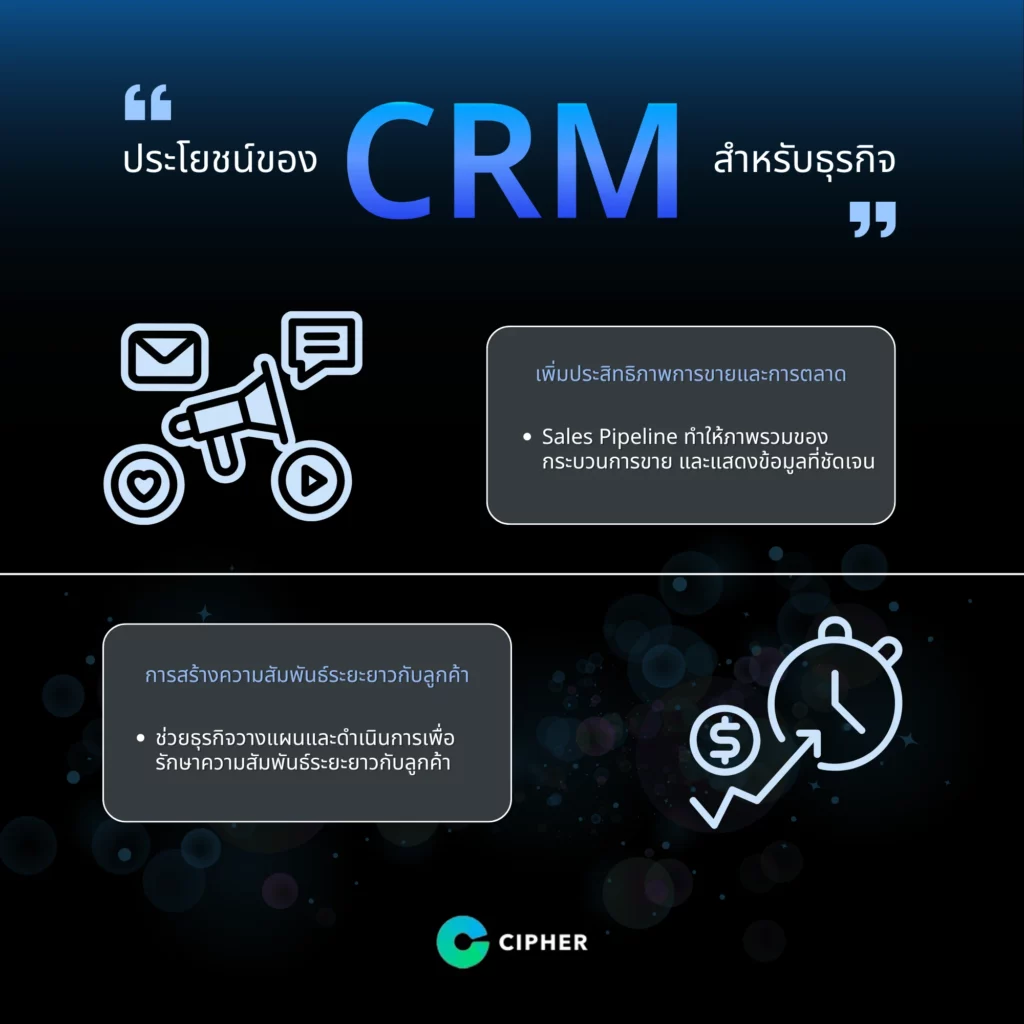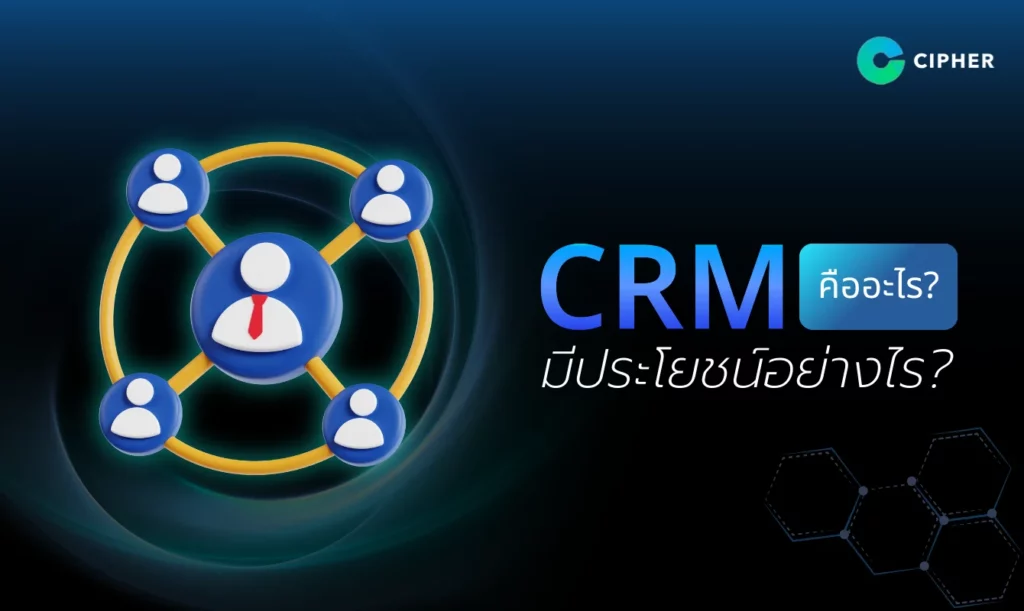Table of Contents
CRM is… What? What’s the point? ? Why should business be important?
“Today, no matter what type of business is facing customer management problems,” building and maintaining sustainable customer relationships is an important factor in organizational success. CRM (Customer Relationship Management) has become an important tool for businesses to effectively manage customer information and behavior.
CRM is not just a customer storage system, it increases sales opportunities, improves sales team processes, marketing and after-sales services, and helps businesses better understand customer needs and meet their needs. CRM optimization not only improves revenue, but also builds long-term trust and satisfaction.
And what is CRM? What’s the point? ? This article will bring you to a deeper understanding of CRM, both in terms of meaning, benefits to the business and why it is becoming one of the tools that modern businesses should not overlook!
CRM is… What?
If you own a brand or business, it is believed that CRM is already known. What’s the point? Customer Relationship Management (CRM) is a process or system used to systematically manage customer relationships, focusing on strengthening long-term business relationships with customers, increasing customer satisfaction and loyalty to achieve good results in both sales and brand reliability.

In practice, CRM may refer to the use of software that helps store customer information, analyze behavior, and improve business strategies such as customer information management, sales tracking, or target-based marketing promotion. The main components are as follows:
- Customer Information Management: This is used to store contact history, purchase or service information, customer preferences and interests.
- Customer Service: It will be used to track and resolve issues, provide after-sales service, hear opinions and suggestions.
- Marketing and Sales: It is used to simplify operations management, such as analyzing customer behavior, offering appropriate products or services, and organizing niche marketing campaigns.
Benefits of CRM for Business
When you know what CRM is. What’s the point? We believe that if your brand or business understands the importance and benefits of CRM, you can effectively manage customer relationships. Using CRM is not just a storage tool, but a strategy to help businesses increase sales and develop sustainable business growth in the future.

Effective Customer Information Management
The core of CRM is “customer” because customers are a key factor in your business’ sales and growth. CRM has been developed to effectively manage customer relationships with outstanding features such as:
- Data Collection: The system can help collect and store customer information such as name, number, email, and purchase history in one place.
- Simplify data retrieval: With customer data from all platforms, teams can access data more easily and constantly update data, enabling better customer service.
Customer Experience Improvement (Customer Experience)
CRM systems have the ability to collect and analyze customer information from a variety of sources, such as purchasing products, using services, contacting customer service and responding to marketing campaigns. These information is good for businesses in marketing planning, such as:
- Understanding Customer Behavior and Needs: Systems can record and analyze information and help predict customer trends and needs, enabling businesses to improve their products and services to better meet their needs.
- Personalization: CRM data enables direct marketing that creates a unique and positive experience for customers, such as emailing, promotions or campaigns that match their interests.

Improve sales and marketing efficiency
CRM enables sales and marketing teams to systematically market and track customers, reducing the likelihood of losing customers and helping to effectively close sales and generate sales for businesses such as:
- Sales Pipeline provides clear information such as the number of customers in each phase, from initial interest to closing, making it easier for sales and marketing teams to work.
- Task management at each stage: Sales teams can more easily plan tasks such as customer follow-up, quote, or troubleshoot problems.
- Reduce Confusion: The system helps organize information, keeping sales teams from missing out on customer follow-up and minimizing errors that can disrupt sales opportunities.
Establishing long-term relationships with customers
Establishing long-term customer relationships is one of the key business goals, and CRM is a key tool to help businesses effectively build and maintain lasting customer relationships from the stage of customer communication to after-sales services such as:
- Preserving existing customers: The system allows teams to follow-up customers to offer special campaigns or promotions, increasing the likelihood that customers will return to their products or services and prevent losing customers to competitors.
- Continuous Customer Follow-up: CRM helps businesses plan and implement long-term relationships with customers, such as tracking long-term customers or after-sales services. These can help impress and enhance your brand or business image.
In addition, using an efficient CRM system, such as HubSpot, to send email marketing using CRM, it will make it easier to manage and see results faster.
Why should businesses focus on CRM?
The core of CRM is customer relationship management, which creates long-term relationships with customers and improves business efficiency. In this era of increasing competition every day, the emphasis on CRM can help businesses in the following areas:
- Improve customer understanding: CRM enables businesses to collect systematic customer information such as purchase history, interests, and usage behaviour. This information can help businesses understand customers in depth and can be used to develop marketing and sales strategies that better meet their needs.
- Improve customer experience: CRM enables businesses to monitor customer interactions in real time, whether through email, phone or social media, enabling them to respond quickly and create a positive experience.
- Increase Sales and Marketing Productivity: CRM effectively manages sales processes and marketing campaigns such as sales opportunities analysis, targeted customer segmentation and marketing messaging tailored to individual segments. This increases the likelihood of turning interested parties into real customers.
- Retain existing customers: The cost of retaining existing customers is typically lower than finding new customers. CRM enables businesses to keep track of and promote relationships with existing customers, such as sending special offers or expressing appreciation, which helps build loyalty and repeat buying opportunities.
Types of CRMs and Business-Oriented Choices
There are three main types of CRM: Operational CRM, Analytical CRM, and Collaborative CRM, each of which has its own distinctive features and applications that suit the different needs of the business:
Operational CRM
Operational CRM focuses on managing customer-related operational processes such as sales, marketing and after-sales services by helping automate these processes with key features such as:
- Sales Automation: Helps manage sales information such as Lead Management and Deal Management.
- Marketing Automation: Help create and manage marketing campaigns such as emailing, advertising management and customer segmentation.
- Service Automation: It helps manage customer service such as tracking complaints and answering questions through various channels
Operational CRM is ideal for businesses that need to increase process efficiency and businesses with large sales and customer service teams such as E-Commerce that sell products and services.
Analytical CRM
Analytical CRM focuses on analyzing customer data to obtain insights that can be used in business decisions such as analysis of buying behaviour or forecasting market trends. Key features include:
- Customer Segmentation: Grouping customers by behavior or interest
- Customer Lifetime Value (CLV): Long-term customer value analysis
- Predictive Analytics: Predictive customer behaviour such as repeat purchase opportunities or service cancellations
Analytical CRM is ideal for data-driven businesses such as retail, financial and technology companies, as well as businesses that need to adjust their marketing strategies or products based on customer data.
Collaborative CRM
Collaborative CRM focuses on connectivity and communication between teams within the organization and connecting with customers through multiple channels such as email, phone or social media. Key features include:
- Channel Management: Managing communication channels such as integrating data from social media and chat systems.
- Document Sharing: Sharing data or documents between teams
- Customer Interaction Tracking: tracking customer interactions across multiple channels
Collaborative CRM is ideal for businesses that need coordination between teams such as sales teams, marketing and customer service, and businesses that want to connect with customers in multiple channels such as B2B or complex B2C.
CRM Usage Precautions
Implementing a customer relationship management system (CRM) in the business may be a powerful tool to increase efficiency, but if used improperly or poorly prepared, it may cause problems or impacts to the business. The following precautions should be taken:
- Choosing a CRM system that is not suitable for the business: CRM offers a variety of features and features. If a business chooses a system that is not in line with its business goals, it can result in underutilization and budget exhaustion.
- Lack of employee training: CRM systems are useless if employees do not fully understand or are not able to use them. Lack of training or support learning to use the system can lead to misuse.
- Information security risks: CRM systems are a key repository of customer information, such as names, addresses, email or trading history. If these data are stolen or leaked, it may adversely affect business reliability, so CRM providers with high security standards should be chosen.
Want to start using CRM to improve your business. Let CIPHER be your advisor!
Believe that the information from the article can help you understand what CRM is. What’s the point? CIPHER is ready to help you start with a comprehensive range of services, from CRM training, CRM training, to email marketing to increase sales and customer base for your business!





